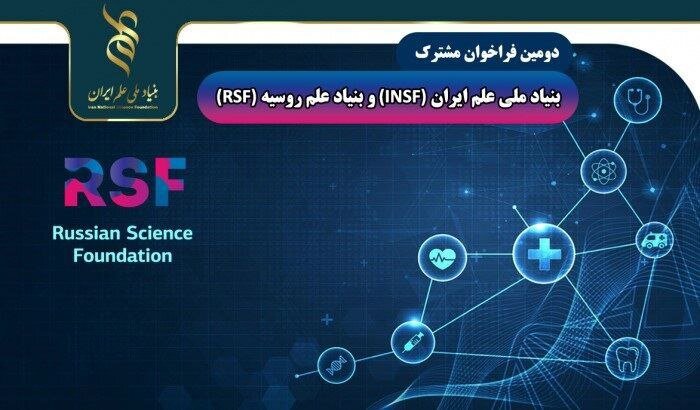Tehran – Iran and Russia will support the implementation of 10 research projects following the second joint call by the Iranian National Science Foundation (INSF) and the Russian Science Foundation (RSF).
The grant is assigned on a competitive basis for scientific and technical programs and projects in Chemistry and Materials Science, such as Smart Materials, Biomaterials, Rare Earth Minerals, Batteries, Superconductors, Biology, Biology, Microbiology, Microbiology, and other life sciences, and basic research for medicine.
Priority Support provides and transfers projects that provide the formation of scientific and technical preparation areas in the priority areas of scientific and technical development for the most important scientifically intensive technology, as well as further development possibilities through the creation of prototypes, creation of product samples, creation of applied technologies, and the possibility of funding of special budgets in other states.
Iranian universities are investigating the possibility of developing scientific research cooperation with Russian institutions under a strategic partnership between the two countries.
Based on a comprehensive agreement between Iran and Russia’s top universities, the two are committed to promoting long-term and constructive relationships in higher education, technology and innovation.
Establishing a secretariat for communication between universities in the two countries is one of the major measures taken. Of course, collaboration between the secretariat and the university must be more proactive than in the past in deepening scientific communication. It is expected that practical and effective measures will be taken to achieve a common goal.
In addition to fostering relationships, the main objective is to implement previously created agreements and open new opportunities for further cooperation. Therefore, the comprehensive Iran-Russia agreement opens grounds for implementing joint science and technology projects, promoting interactions between educational institutions, and strengthening scientific cooperation through the exchange of faculty, staff and students.
The contracting parties will promote the distribution of experience and information regarding regulatory activities in the areas of holding and holding scientific, technical and innovative activities, conferences, conferences, seminars, exhibitions and other scientific events.
Furthermore, the agreement suggests that both parties will promote and promote learning of official languages and the study of the literature, history and culture of others in higher education institutions.
mt/mg

